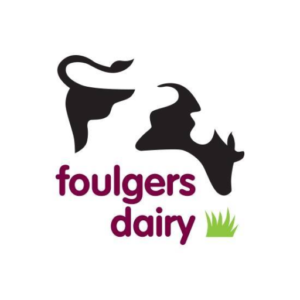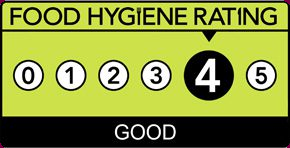Is Raw Milk for You?
There are many reasons why people might choose raw milk over pasteurised milk, and different people will resonate with different reasons, ranging from nutritional to ethical to environmental.
One thing is clear though, the raw milk debate still continues to divide opinion.
What is Raw Milk?
The vast majority of milk consumed in the UK (and worldwide) is pasteurised; heat treated to kill off harmful bacteria such as Ecoli and Salmonella. Put quite simply, raw milk on the other hand goes straight from the udder to a bottle. The taste changes from season to season and cow to cow even as where the herds graze has an effect on the final bottled flavour.
What are the risks?
Safety fears around the consumption of unpasteurised dairy products are largely as a result of scaremongering by various agencies and the government itself.
In actual fact the risk of developing a serious illness (i.e. requiring hospitalisation) from consuming raw milk and raw milk products is miniscule: about 1 in 6 million. Modern farming practices have lessened the dangers further.
According to the Food Standards Authority, there has not been a single reported illness associated with drinking raw milk in the UK in over 16 years. Since then, in excess of 10m litres has been drunk.
What benefits does raw milk have over pasteurised milk?
Health
Raw milk has been said to be easier to digest, help with strengthening natural immunity and also improve illnesses like asthma and eczema and certain allergies.
Nutrition
Raw milk is higher in nutritional content than it’s conventional, pasteurized counterpart as the pasteurisation process reduces the nutritional quality of milk products.
The butterfat present in raw milk is rich in natural fat-soluble soluble vitamins, such as vitamins A, K and E. Raw milk is also rich in vitamin C and B-complex vitamins. These vital vitamins and minerals added back in once pasteurisation has taken place. Milk from grass-fed animals is also rich in fatty compound called Conjugated Linoleic Acid or CLA (classified as a good transfat!) which has extremely positive benefits for those who consume it. Research indicates that CLA is known to fight cancer (particularly breast, intestinal and bone cancers), hypertension and obesity.
Tolerance
Many people experience digestive and other problems when they consume pasteurised milk, but have no trouble with raw milk. It’s not entirely clear why this is the case. It’s likely that raw milk contains probiotics and other qualities that make it easier to digest than pasteurised milk.
Flavour
Those how consume raw milk say that it has a far superior flavour and texture to pasteurized, homogenized milk. They often use words like “fresh”, “real”, “alive” and “rich” and “silky” to describe it.
We know from our many customers who choose to drink raw milk, that the significant flavour differences between raw and conventional milk are particularly evident.
Community
Raw milk is exclusively produced by smaller, local farmers in the UK and with a growing segment of the population choosing to support local, family farms and businesses over multi-national conglomerates, there are significant economic benefits to the local producers and potential in the direct sales of milk from the smaller farms. The direct sale of raw milk allows farmers to set a price that allows profit for the farm and equals the fair market value of the product for the consumer. This way, farmers are able to cover their costs while still earning a living to support themselves and their families. Consumers are reconnected with their food supply, and farmers are held accountable for their products, allowing for the stimulation of the local economy and the promotion of sustainable farming practices.
A personal decision
Any one of these reasons might be enough justification for choosing raw milk for a given individual or family. But when viewed together, it’s easy to understand why raw milk consumption has increased so significantly over the last two decades.
Consuming unpasteurised milk and dairy products has several positive benefits that, for many people, may outweigh the possible risks. You must consider both the positive and negative qualities of raw milk consumption when deciding for you and your family.

